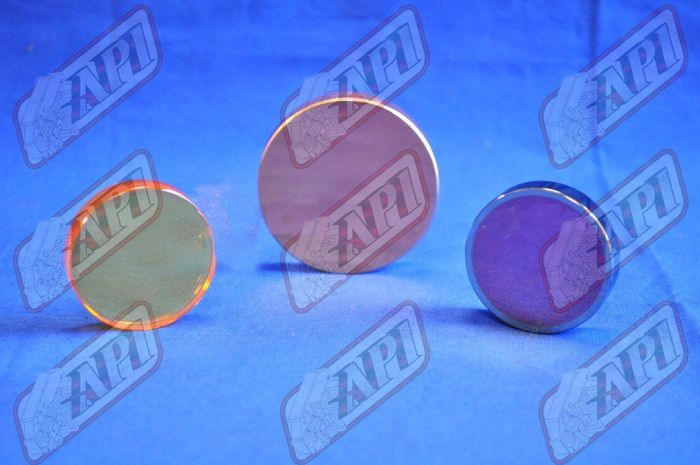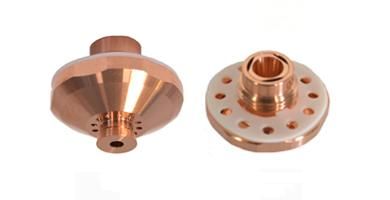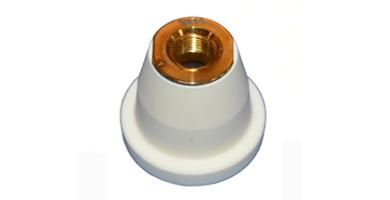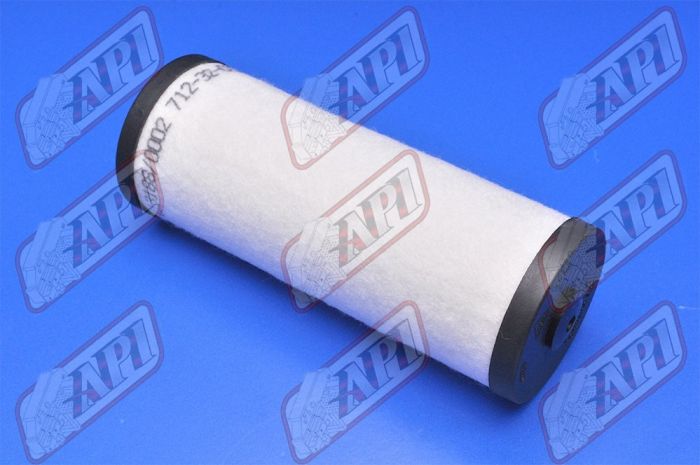The evolution of small laser beam light toys into huge machines serving industrial demands today, laser technology has come a long way.
However, apart from industrial demands like cutting and pressing metal sheets, this technology is much more than that.

Let’s read the basics with little but important details involved behind Laser machines.
What is Laser?
LASER is an acronym of “Light Amplification Stimulated Emission of Radiation”.
According to Wikipedia, “A laser is a device that emits light through a process of optical amplification based on the stimulated emission of electromagnetic radiation.”
The invention of the first laser cutting machine took place during the 1970s. For the past 30 years, the continuous increase in functionalities in laser cutting machines has its applications.
Laser machines cater to diverse fields like manufacturing, military, law enforcement, skin treatments, and much more.
Below mentioned are its major qualities:
- Consistency
- Brightness
- Monochromatic
- Direction
The Working
When the laser beam hits the surface of the workpiece, the light energy transforms into heat energy and the focused point melts because of thermal diffusion and forms a small spot.
The metal vapor in the spot expands and causes a micro-explosion. This ejects the molten material and causes a highly directional anti shock wave. It makes a hole with a wide upper side and small lower side for further processing.
Fiber laser cutting -- one of the most famous types of laser cutting uses high power density laser beams to illuminate the work area. The illuminated material rapidly melts, evaporates and reaches the ignition point. The high-speed airflow along with the laser beam blows the melted material. If you are looking to implement laser system for your business, you can search for Amada parts, Amada laser parts, Amada replacement parts online to find the best fit as per your requirements.
Because of the recent development in this technology, fiber laser machines are more efficient. They replaced the CO2 and YAG lasers in thin plates cutting.
Below mentioned are some advantages of fiber laser cutting:
- The cost of fiber laser cutting is low because the photoelectric conversion rate is 30% whereas the photoelectric conversion rate for CO2 laser and YAG laser is 6-10% and 3% respectively.
- It is lightweight, has a small volume, and is movable with a flexible moving position.
- The laser beam passes along the optical fiber without the need for a reflected light path which in turn saves the cost of reflection lens, organ shield and avoids light path pollution.
- The wavelength of the optical fiber laser is 1.06 μm and provides a benefit for sheet metal cutting and increases the speed by 2 to 4 times.
Fiber laser cutting machines are useful in cutting the stainless steel below 4mm and can cut up to 8 to 10mm thick stainless steel in a laser beam.
But, when the material oxygenates, the thin oxide film forms on the surface. And the thickness of cutting increases by 16mm, but the size of the cutting part is larger.
Overall, Fiber laser cutting is good for large production because of its lower processing cost. In fact, they can be useful when producing small batches of parts.
The cutting equipment is computerized and receives data from a computer-aided design workstation.
How the laser transfers the light path
The core of the laser component adjusts the curvature of the lens surface with the help of water pressure, which results in changed angle of the laser beam and at last, adjusts it by focusing the laser movement up and down.
The focus of the laser changes due to different diameter spots and different working positions of the machines.
In the process, the focus of the laser light plays an essential role. But, one more aspect plays a vital role in laser cutting i.e. height of the focus. It depends on the material chosen to cut and the type of cutting machine.
The focus position varies depending on the material. For example, in carbon steel, the focus is on the upper surface of the plate. Whereas, in stainless steel, the focus is about half of the thickness of the plate. So, if you are cutting the 2mm of stainless steel then the focus should be between 0.8 to 1.2mm.
The focus position also affects the quality of the cutting. Because the surface of the material is uneven, the focal position of the laser changes. If you are looking to implement laser system for your business, you can search for Amada parts, Amada laser parts, online to find the best fit as per your requirements.
Final words:
Irrespective of the industry you choose to venture your business in, its basic know-how is the foremost requirement to optimize your potential success and to maximize the identified goals.




